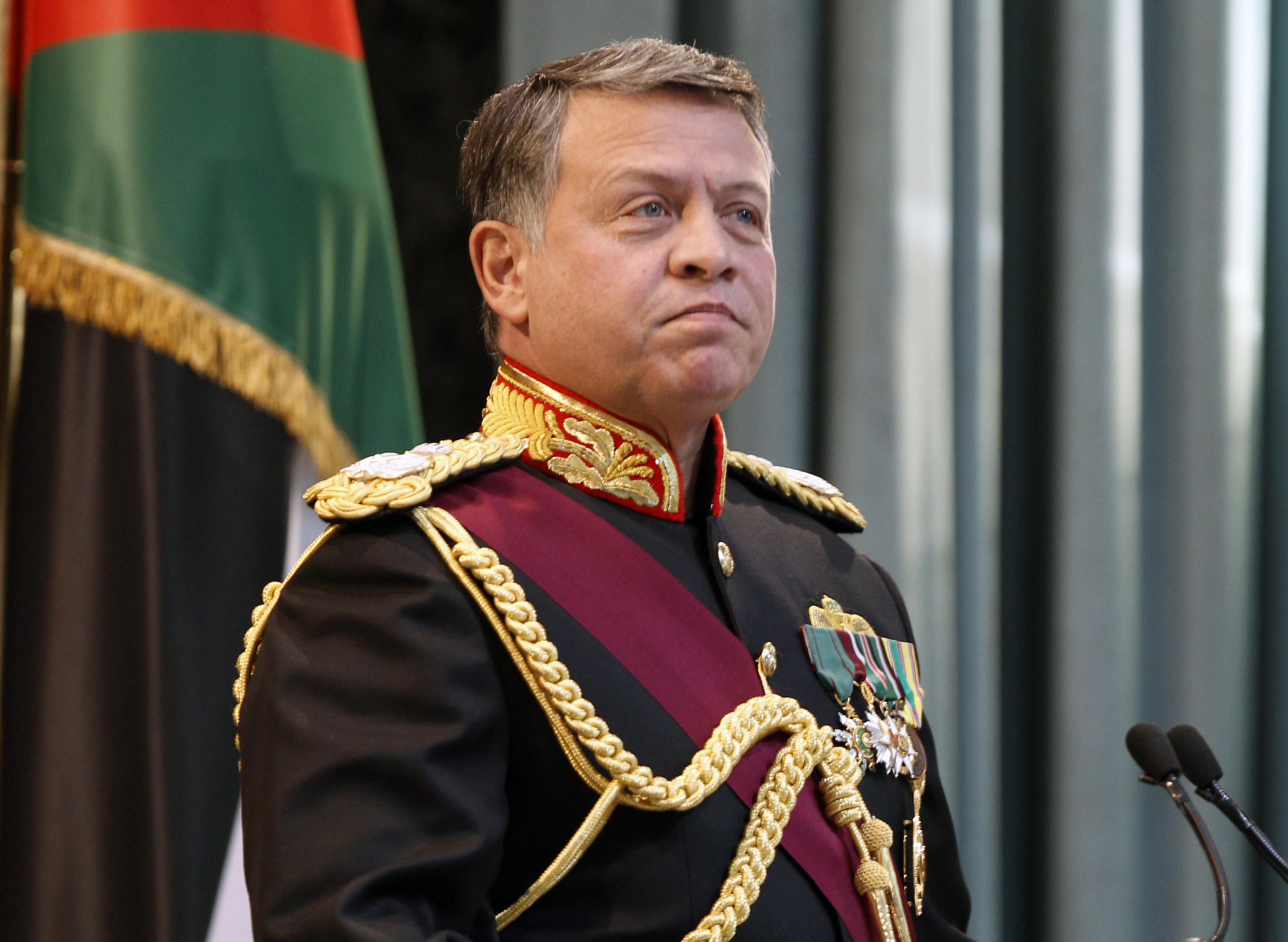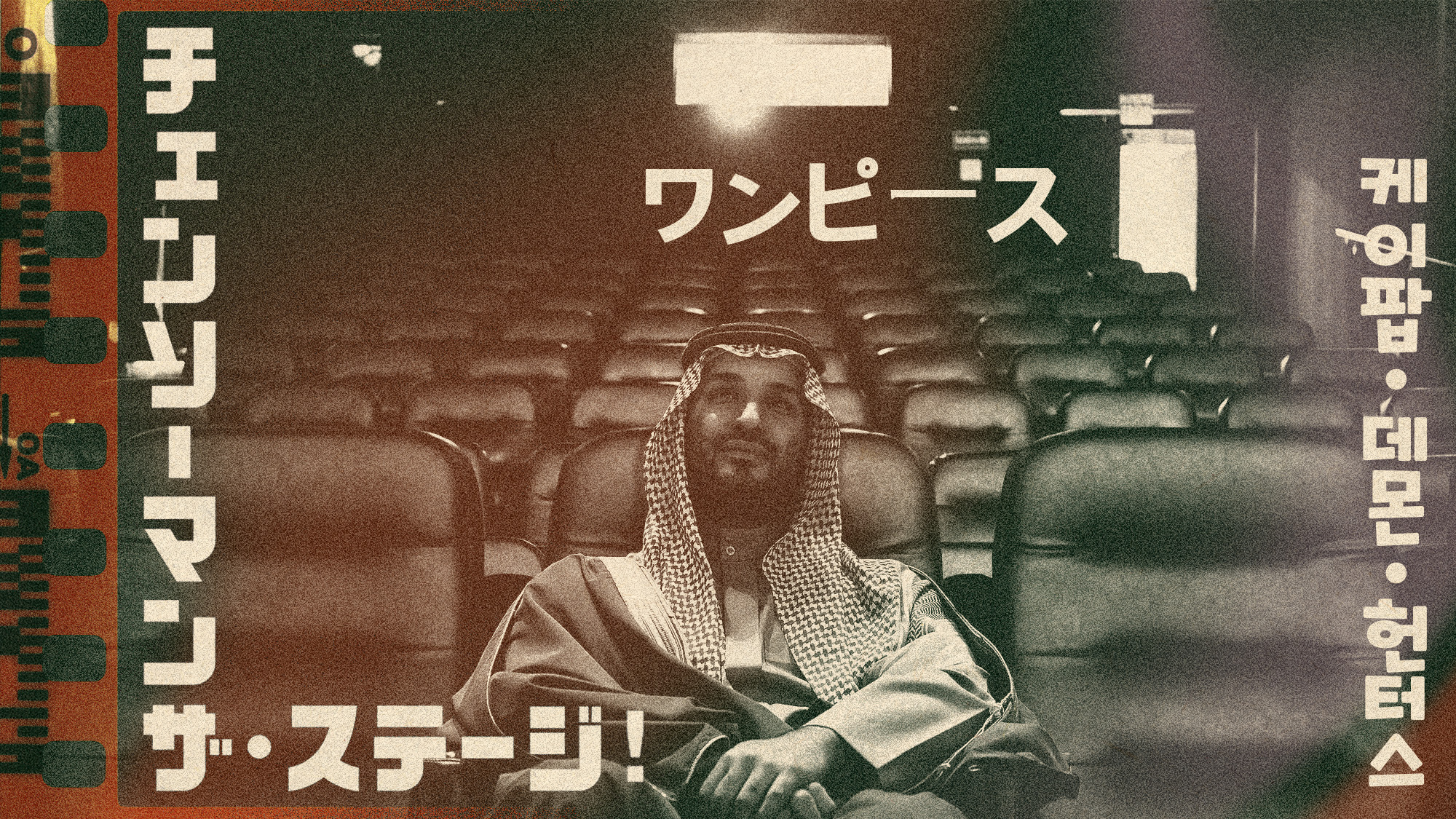Everyone is gushing over this silver-tongued Middle Eastern strongman — and it needs to stop
King Abdullah II of Jordan isn't "kind of a badass." He's a hereditary monarch with a dubious human rights record.

The world rightly reacted with horror last week to the immolation of Jordanian pilot Mouath al-Kasaesbeh at the hands of ISIS. The execution has, at least for the time being, united Jordanians against the Islamic State, and with their hereditary monarch, King Abdullah II.
That the Jordanian king would wrap himself in his country's flag during a time of national tragedy should come as no surprise; that so many American pundits would lap up the kingdom's rhetoric is, on the other hand, a little puzzling.
Several websites have published fawning listicles and photo galleries in recent days depicting the charming and media-savvy dynast in combat gear. These media outlets have lauded his tough talk and pledges of revenge against ISIS. He's "kind of a badass," according to BuzzFeed; a "warrior king," says Business Insider.
The Week
Escape your echo chamber. Get the facts behind the news, plus analysis from multiple perspectives.

Sign up for The Week's Free Newsletters
From our morning news briefing to a weekly Good News Newsletter, get the best of The Week delivered directly to your inbox.
From our morning news briefing to a weekly Good News Newsletter, get the best of The Week delivered directly to your inbox.
Conservative TV and radio personality Sean Hannity took it one step further, posing the following question to his Twitter followers:
Everyone loves a man in uniform, but such effusive praise for Jordan's king is problematic. Abdullah is an unelected authoritarian with near total control over Jordanian politics. The king can dissolve parliament at his pleasure, and controls every arm of force in the country, including the highly revered (and feared) General Intelligence Department (GID). Freedom of speech and association are tightly controlled in the country, and criticizing the crown is a criminal offense.
Moreover, the Hashemite Kingdom of Jordan is a somewhat enigmatic nation with little ability to exist on its own without the economic and military aid of several external benefactors. It is a nearly landlocked country with few natural resources, massive unemployment (very high youth unemployment), and a destabilizing refugee crisis. As many as two-thirds of the country is on the royal dole, and the government has been able to buttress its unhealthy economy thanks, in part, to the billions of dollars in aid received from the region's sheikdoms.
And whomever Jordan cannot buy or jail, it exports. The regime, until recently, has held a rather passive attitude toward its own citizens who went off to find jihad in other environs. The country is one of the largest contributors of foreign fighters to the civil war in Syria, and at least 1,500 Jordanians are believed to be fighting alongside Islamic State militants in Syria and Iraq. Sending its problems elsewhere grants Jordan the liberty to strike at its own radicals in a remote setting with military hardware provided by Washington. Put another way: The U.S. is essentially underwriting Jordan's ability to freely bomb less desirable Jordanians.
A free daily email with the biggest news stories of the day – and the best features from TheWeek.com
And while it's clear that the barbaric execution of Lt. Kasaesbeh has opened up the country's eyes to the troubles brewing next door, it remains unclear if the kingdom has learned much from this horrific act. Like the rest of the Arab world, Jordan's prisons have long served as a recruiting ground for radicals and jihadists, and a recent report by BuzzFeed notes that the country has already begun to target and isolate Islamists in its prisons. Jordan will, however, remain a tinderbox so long as it continues, at the behest of Gulf monarchies, to conflate all of political Islam with the likes of ISIS.
But Jordan's propensity to lump all Islamism together might explain much of the recent hagiography. After all, Abdullah is precisely the kind of Arab leader who appeals to Western sensibilities: Smart, stylish, and secularly educated, the king's most comforting quality may be the skepticism he shares with many outside observers of his own peoples' ability to self-govern. His political foil of choice — the Muslim Brotherhood-affiliated Islamic Action Front — has a tendency to shoot itself in the foot, which suits His Majesty (who once referred to the Brotherhood as a "Masonic cult") just fine.
And while his bravado appeals to a press and policy world that often fetishizes tough talk and photo ops, there's little that is truly imitable, or even sustainable, about the Hashemite Kingdom. King Abdullah II is adept at factional politics — balancing tribe against tribe, and west versus east. As both a beachhead against Mideast radicalism and a safe haven for the region's displaced, the king retains his relevance through the intimation of what his absence might entail. His commodity is crisis.
Stripped bare of such pretense, Abdullah remains the pro-Western ruler of a poor, restive country that is very skeptical of Western machinations, and deeply critical of Israel. The king's tough talk may belie these tough realities for now — but for how much longer?
Kevin B. Sullivan is a freelance editor and writer based in New York. He is the former managing editor of Real Clear World, and his work has appeared in The Huffington Post, Real Clear Politics, and the New York Daily News.
-
 The former largest iceberg is turning blue. It’s a bad sign.
The former largest iceberg is turning blue. It’s a bad sign.Under the radar It is quickly melting away
-
 Why Saudi Arabia is muscling in on the world of anime
Why Saudi Arabia is muscling in on the world of animeUnder the Radar The anime industry is the latest focus of the kingdom’s ‘soft power’ portfolio
-
 Scoundrels, spies and squires in January TV
Scoundrels, spies and squires in January TVthe week recommends This month’s new releases include ‘The Pitt,’ ‘Industry,’ ‘Ponies’ and ‘A Knight of the Seven Kingdoms’
-
 The billionaires’ wealth tax: a catastrophe for California?
The billionaires’ wealth tax: a catastrophe for California?Talking Point Peter Thiel and Larry Page preparing to change state residency
-
 Bari Weiss’ ‘60 Minutes’ scandal is about more than one report
Bari Weiss’ ‘60 Minutes’ scandal is about more than one reportIN THE SPOTLIGHT By blocking an approved segment on a controversial prison holding US deportees in El Salvador, the editor-in-chief of CBS News has become the main story
-
 Has Zohran Mamdani shown the Democrats how to win again?
Has Zohran Mamdani shown the Democrats how to win again?Today’s Big Question New York City mayoral election touted as victory for left-wing populists but moderate centrist wins elsewhere present more complex path for Democratic Party
-
 Millions turn out for anti-Trump ‘No Kings’ rallies
Millions turn out for anti-Trump ‘No Kings’ ralliesSpeed Read An estimated 7 million people participated, 2 million more than at the first ‘No Kings’ protest in June
-
 Ghislaine Maxwell: angling for a Trump pardon
Ghislaine Maxwell: angling for a Trump pardonTalking Point Convicted sex trafficker's testimony could shed new light on president's links to Jeffrey Epstein
-
 The last words and final moments of 40 presidents
The last words and final moments of 40 presidentsThe Explainer Some are eloquent quotes worthy of the holders of the highest office in the nation, and others... aren't
-
 The JFK files: the truth at last?
The JFK files: the truth at last?In The Spotlight More than 64,000 previously classified documents relating the 1963 assassination of John F. Kennedy have been released by the Trump administration
-
 'Seriously, not literally': how should the world take Donald Trump?
'Seriously, not literally': how should the world take Donald Trump?Today's big question White House rhetoric and reality look likely to become increasingly blurred